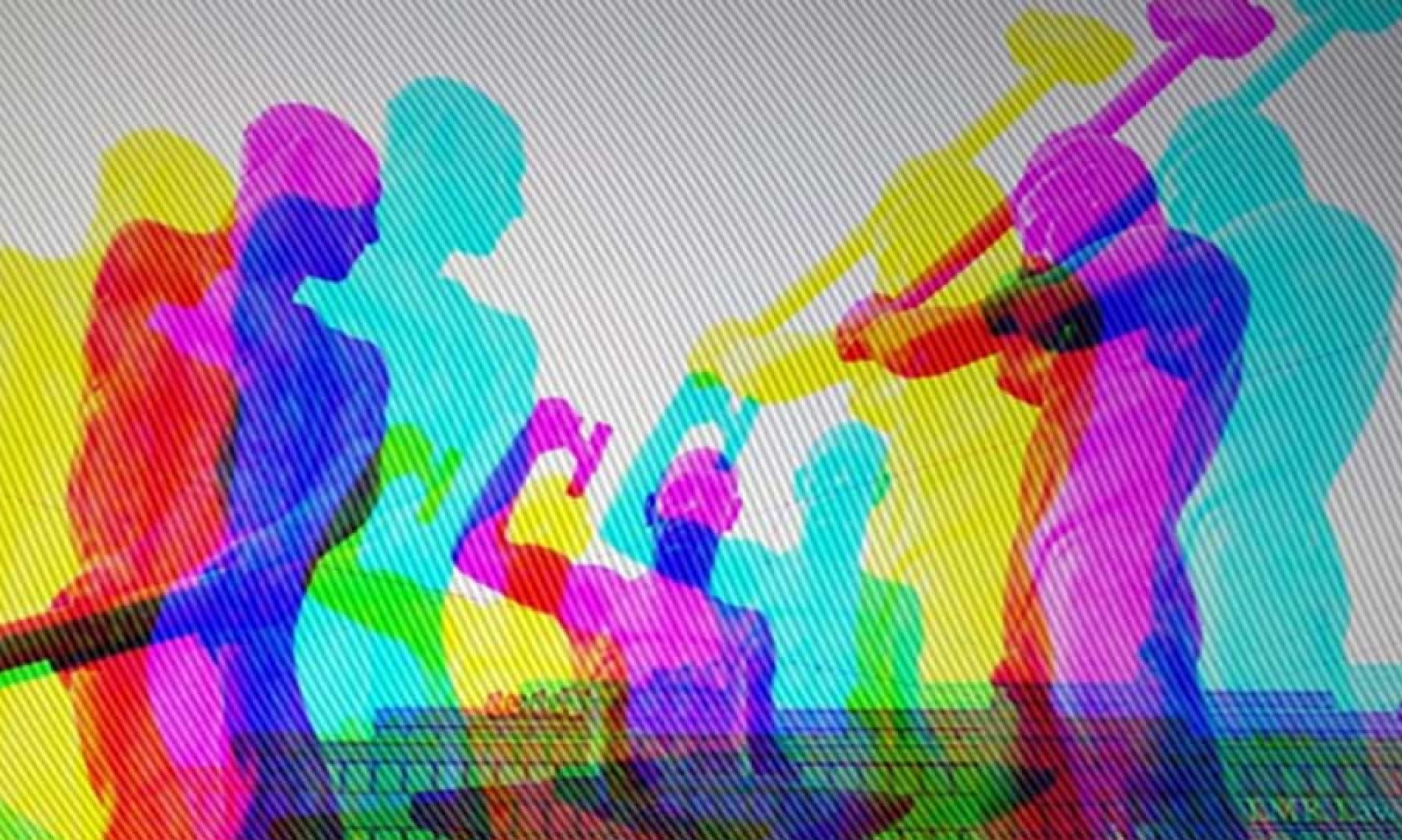A fascinating new book from an excellent and rather prolific scholar John Danaher – presenter of a fantastic podcast. Definitely worth a look – I’ll certainly be ordering a copy. You can get a copy here: [Amazon.com] [Amazon.co.uk] [Book Depository] [Harvard UP] [Indiebound] [Google Play]

Here’s an excerpt from John’s blogpost celebrating the publication:
The book tries to present a rigorous case for techno-utopianism and a post-work future. I wrote it partly as a result of my own frustration with techno-futurist non-fiction. I like books that present provocative ideas about the future, but I often feel underwhelmed by the strength of the arguments they use to support these ideas. I don’t know if you are like me, but if you are then you don’t just want to be told what someone thinks about the future; you want to be shown why (and how) they think about the future and be able to critically assess their reasoning. If I got it right, then Automation and Utopia will allow you to do this. You may not agree with what I have to say in the end, but you should at least be able to figure out where I have gone wrong.
The book defends four propositions:
- Proposition 1 – The automation of work is both possible and desirable: work is bad for most people most of the time, in ways that they don’t always appreciate. We should do what we can to hasten the obsolescence of humans in the arena of work.
- Proposition 2 – The automation of life more generally poses a threat to human well-being, meaning, and flourishing: automating technologies undermine human achievement, distract us, manipulate us and make the world more opaque. We need to carefully manage our relationship with technology to limit those threats.
- Proposition 3 – One way to mitigate this threat would be to build a Cyborg Utopia, but it’s not clear how practical or utopian this would really be: integrating ourselves with technology, so that we become cyborgs, might regress the march toward human obsolescence outside of work but will also carry practical and ethical risks that make it less desirable than it first appears.
- Proposition 4 – Another way to mitigate this threat would be to build a Virtual Utopia: instead of integrating ourselves with machines in an effort to maintain our relevance in the “real” world, we could retreat to “virtual” worlds that are created and sustained by the technological infrastructure that we have built. At first glance, this seems tantamount to giving up, but there are compelling philosophical and practical reasons for favouring this approach.









